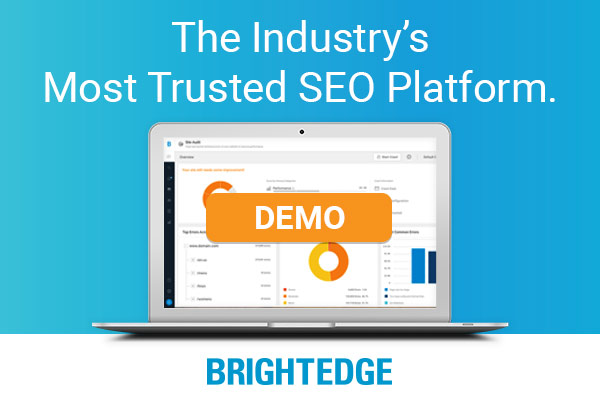Google vs. Bing -- should you put all of your resources into optimizing for one search engine instead of the other. This post makes the case for investing in both.
Google and Bing dominate Search both domestically and on an international scale. Together, they comprise more than 90% of the search market. When customers need to look up information, they typically trust one of these two search engines to provide them with answers.
In recent years, Bing has seen even greater growth in market share compared to Google. Although Google still maintains dominance in Search, there is no denying that Bing has been growing in popularity. This presents an interesting opportunity for brands.
Although Google still has the power to bring more traffic, optimizing for Bing can offer some distinct advantages for organizations, particularly those who struggle to secure ranking on Google. All brands should also familiarize themselves with Google vs. Bing for optimization so that they can craft a digital marketing strategy that takes into account a greater overall percentage of searchers. Although many overlapping factors exist, understanding and taking into account the distinct characteristics of Google vs. Bing can maximize the potential for these businesses in organic search.
Organic search on Google vs. Bing
Google and Bing use completely different algorithms, but they both aim to find content that will best fit the needs of their users. This means considerable overlap does exist when optimizing for both search engines, namely that brands need to focus primarily on producing high-quality content that reflects the interests and needs of the target audience. Within the details of how to let the search engine know that your piece of content will best serve their users, however, lie some key differences.
Backlinks
Google and Bing look at backlinks differently. Google definitely uses them as a measurement to determine the value and authority of a site, assuming that a site with multiple quality backlinks offers something more than sites with only a couple. Although Google has put out updates that adjust how the quality of those backlinks impact sites, brands know that building quality backlinks can boost their rankings for this search engine.
Bing, on the other hand, does not have such a strong affinity for backlinks. They may impact rankings a bit, particularly when they come from highly reputable sites -- such as .gov domains -- or very well-established sites, but overall your backlink building strategy will not have as much of an impact on Bing.
Keywords on Google vs. Bing
Google’s algorithm has been designed to use semantic search to better understand user intent and predict the websites that customers want to see. Bing, in many ways, might be seen as more literal than Google when it comes to on-page optimization.
Bing wants to see more exact-match keywords in URLs, titles, and even meta descriptions. Although you want to make sure you write with your keywords naturally, including these terms seems to have a greater importance on Bing.
Note also that although Google has said that they do not use meta descriptions when determining rank, Bing is more likely to look at the content you have there when determining your relevance.
Rich media on Google vs. Bing
Bing also places a higher priority on rich media. The algorithms are much better at interpreting Flash than Google, meaning that these parts of your website can be interpreted by this search engine.
Social media on Google vs. Bing
There has been considerable discussion about the role of social media on Google. Generally, social media is seem primarily as a means of driving traffic to websites and increasing rankings indirectly through improved traffic, engagement, and more backlinks generated from interested readers.
On Bing, however, we know that the search engine looks at social shares. Articles that become popular through the major platforms can then also see improved rankings on the SERP. Bing does play close attention, however, to false link-building practices, and these should be avoided to make sure a site does not receive any penalties.
Paid search on Google vs. Bing
Paid advertising on Google vs. Bing also inspires considerable debate. Google, of course offers you many immediate benefits, including a larger audience-- thus allowing you to reach a greater portion of your projected audience. You can also easily integrate your AdWords campaign with Google Analytics, where your paid search campaigns can easily be tracked side-by-side with the rest of your site’s performance. Even so, there are also concrete benefits to using Bing ads that marketers should be aware of.
More than one study has found that Bing paid search has a better click-through rate than Google, and that the typical CPC is also lower on Bing than Google. For many businesses needing to aggressively go after popular, high value PPC keywords, Bing offers a valuable alternative that can help add depth to the digital strategy.
There are also differences in the demographics of the average Bing user and the average Google user. Bing users tend to be in their 30’s and 40’s with higher average household incomes. Google users tend to be younger. Brands can align their paid campaigns to see which audience more closely matches their targeted audience to maximize their return.
Although search is often regarded as synonymous with Google, it is important not to overlook the draw of the second largest player on the field. While it might not be quite as powerful as Google, Bing does draw a respectable audience and can help brands promote themselves and attract customers. The better marketers understand the differences between Google vs. Bing, the easier it will be for them to formulate a strong strategy that will help them succeed across the different search engines including international search engines.

